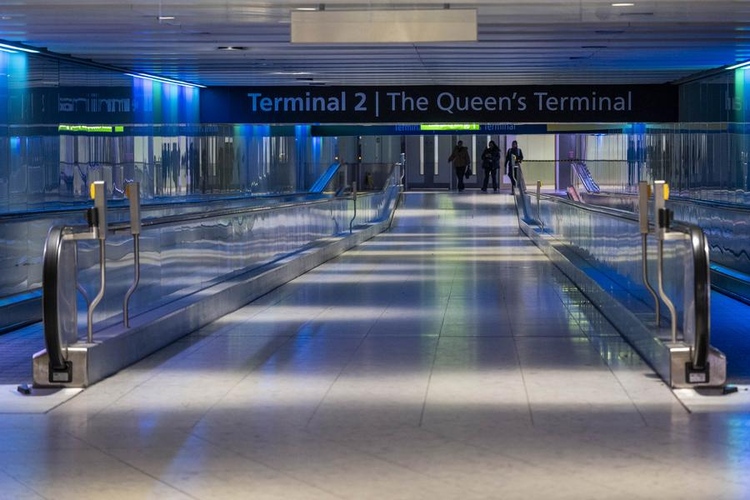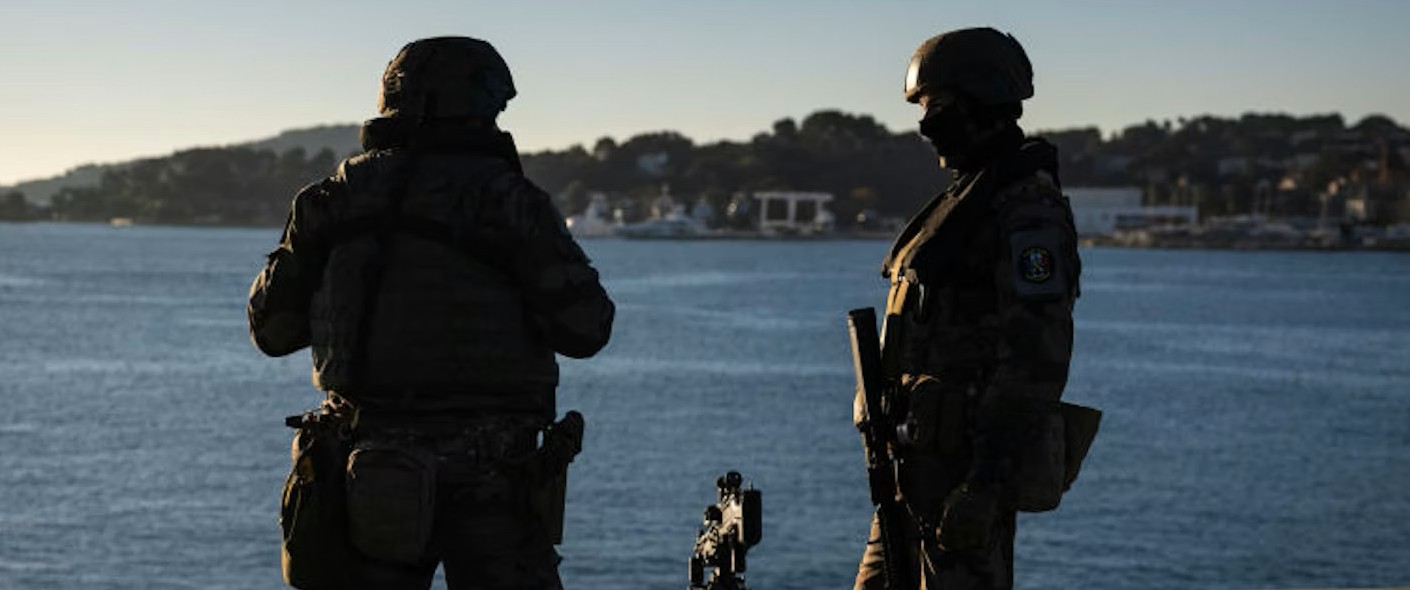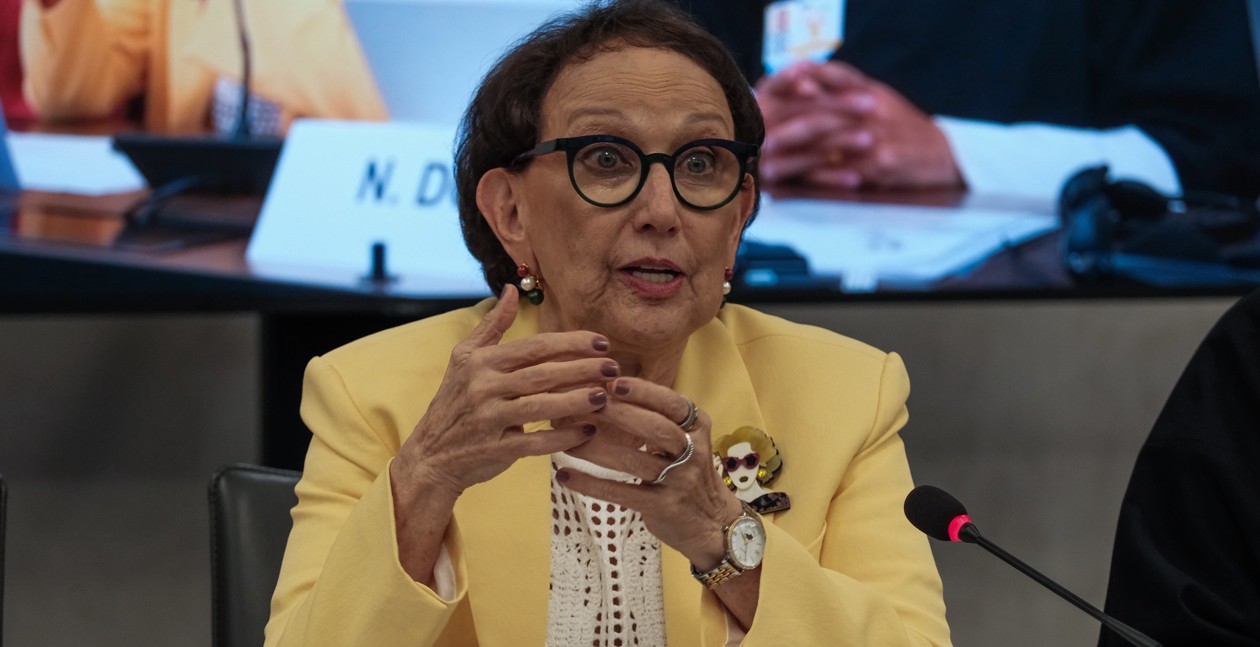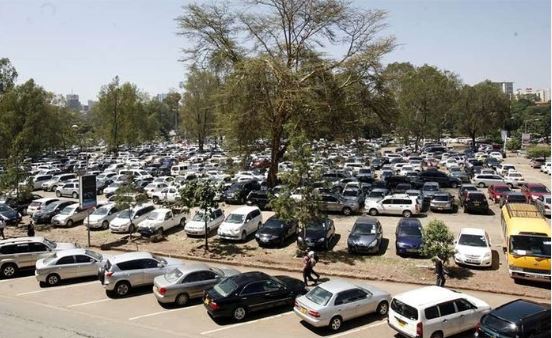Revealed: How Kenyan detectives helped nab cocaine courier at London's Heathrow

The arrest followed months of coordinated surveillance and intelligence-sharing between Kenya’s multi-agency anti-narcotics teams and their UK counterparts.
A joint operation between Kenyan and British security agencies has exposed the inner workings of a sophisticated international drug trafficking network, culminating in the arrest of a British national at Heathrow Airport.
Jesse Bryan Da Mata Dos Santos, 42, was detained on May 14, 2025 upon arrival in London with 20 kilograms of cocaine hidden in his luggage.
More To Read
- Kenya sees major boost from visa-free policy as tourist numbers hit 1.8 million
- IEBC blames police officers for by-election violence, maintains poll largely successful
- KDF denies allegations of methamphetamine theft in massive 1,024kg seizure off Kenyan coast
- Record cocaine seizure in Haitian waters underlines country’s ‘pivotal’ trafficking role
- Court allows detectives to detain seven Daystar students over death of colleague at Ngara Apartment
- Kenya Airways staff jailed for 25 years for trafficking heroin
The arrest followed months of coordinated surveillance and intelligence-sharing between Kenya’s multi-agency anti-narcotics teams and their UK counterparts.
Investigators in Nairobi had been monitoring Dos Santos since late 2024, when he first entered the country posing as a tourist.
He checked into a hotel in Mlolongo, Machakos County, and was regularly seen near Jomo Kenyatta International Airport’s (JKIA) cargo terminal.
Despite attracting attention from security agencies, he left Kenya for the United Kingdom (UK) without raising suspicion.
However, Dos Santos returned to Nairobi in early May 2025, appearing more familiar with the local environment.
He relocated to the affluent Kilimani neighbourhood, where he mingled with suspected drug traffickers from West Africa and frequently changed accommodation.
Unknown to him, he was under constant surveillance.
In one key development, an undercover female security officer seduced him posing as a call girl and gathered critical information surrounding his activities that would later provide actionable information.
The intelligence gathered provided authorities with a clearer picture of his network and confirmed suspicions that he was acting as a courier for a larger international syndicate.
Although officials had sufficient evidence to detain him in Nairobi, they made a calculated decision to allow Dos Santos to travel to the UK.
Authorities believed that intercepting him abroad would expose additional members of the cartel and result in a stronger prosecution, one less vulnerable to local judicial delays and corruption.
“Detaining him in Kenya would have alerted his associates and risked compromising the wider investigation. By allowing him to proceed, we ensured he would face a more robust legal process and potential lengthy sentencing in the UK,” said a senior anti-narcotics officer familiar with the operation.
The investigation has since uncovered a well organised trafficking network with operations stretching from East Africa to Europe. Detectives say they have already identified key players within the cartel and traced the source of the cocaine shipment.
More arrests are expected as the probe continues.
The case has reignited debate over Kenya’s sluggish handling of narcotics prosecutions. Officials have pointed to past cases as examples of systemic weaknesses that often enable traffickers to evade justice.
In one instance, Nigerian national Augustine Obinwanne Igwilo was arrested in Nairobi in 2017 with 40 kilograms of heroin but was not sentenced until 2021.
His appeal dragged on until 2024. In another, Tanzanian suspect Salim Nassoro, arrested in 2016 with five kilograms of heroin, was released on bond and subsequently disappeared.
In 2023, two foreign nationals Pakistani Mohamed Saleem and Indian Mohamed Ashraf Changu were arrested in Ngara, Nairobi, with 30 kilograms of cocaine and over a tonne of synthetic ketamine valued at more than Sh500 million.
Their case remains pending.
Anti-narcotics officers say swift judicial action is essential to dismantle trafficking networks and restore public confidence in the justice system.
“These cases highlight the urgent need for judicial reforms to ensure drug traffickers face timely and decisive punishment,” one investigator noted.
The high-profile arrest of Dos Santos, they added, is a rare success story in the global fight against narcotics, one made possible by unprecedented cooperation between Kenyan and British law enforcement.
Top Stories Today













































